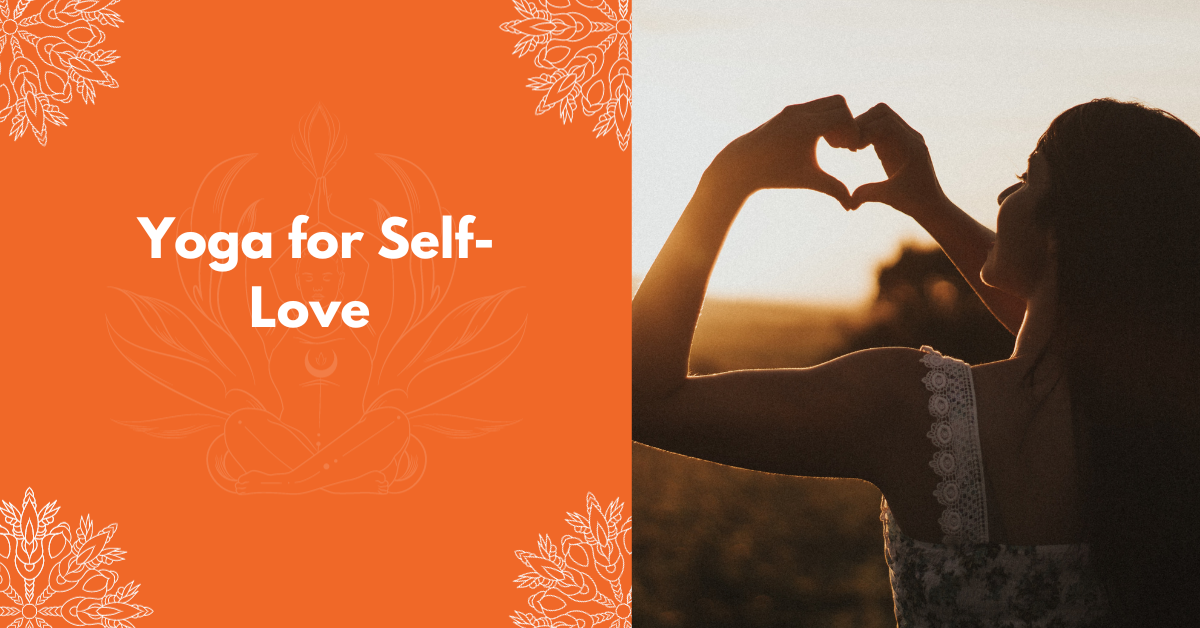
Yoga for Self-Love
“Discover the power of yoga for self-love yoga! ❤️ Embrace self-care and self-acceptance with our expert tips. 🧘♀️ Dive in now!”
Yoga for Self-Love: A Journey to Inner Wellness
In a fast-paced world filled with demands and distractions, we often forget to prioritize one of the most important relationships in our lives: the relationship with ourselves. Self-love is the cornerstone of a healthy, fulfilling life. And one of the most effective ways to nurture this love is through the practice of yoga.
Yoga for Self-Love: Techniques and How to Do Them
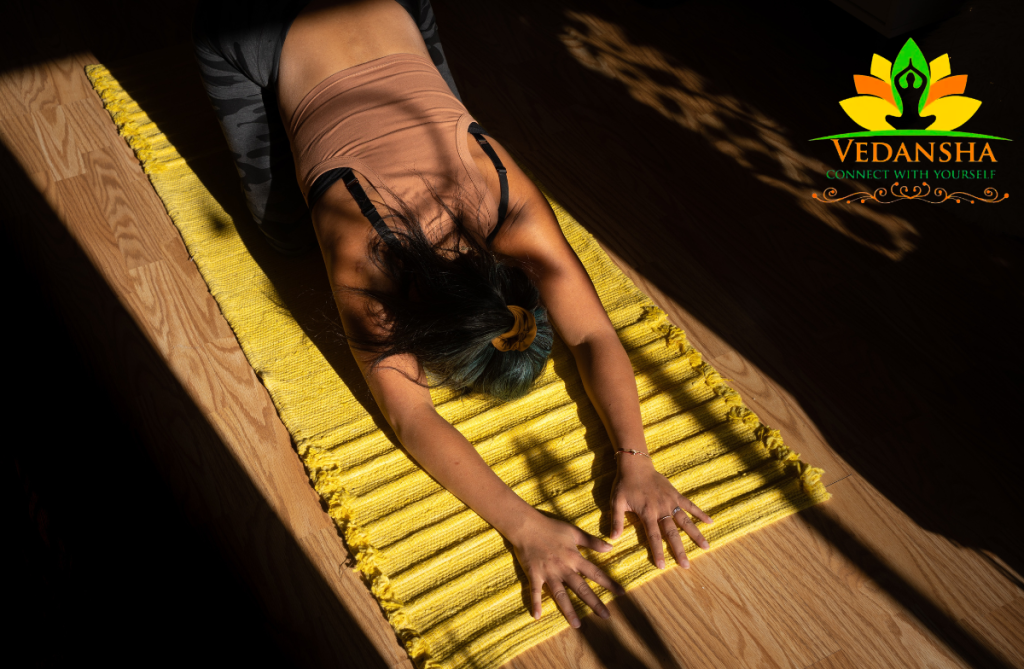
1. Child’s Pose (Balasana)
How to do it:
- Begin by kneeling on your mat, with your big toes touching and knees apart.
- Sit back on your heels, allowing your torso to rest between your thighs.
- Extend your arms forward, palms down, and rest your forehead on the mat.
- Breathe deeply and relax in this pose for 1-3 minutes.
Why it works:
Child’s Pose is a soothing and introspective pose. It encourages a sense of surrender and relaxation, helping you connect with your inner self. It’s a gentle way to start your self-love journey.
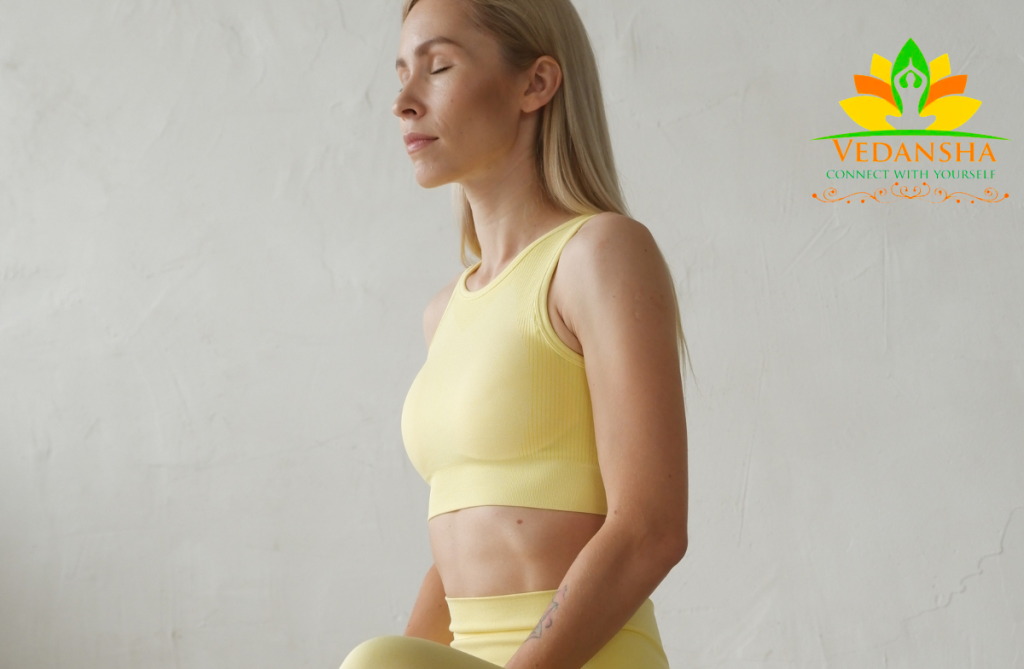
2. Heart-Opening Yoga Poses
How to do them:
- Cobra Pose (Bhujangasana):
- Lie face down, palms near your chest.
- Inhale, lift your chest off the mat, keeping your hips and legs grounded.
- Gaze forward and hold for 15-30 seconds.
- Bridge Pose (Setu Bandhasana):
- Lie on your back, knees bent, feet hip-width apart.
- Lift your hips while keeping your feet and palms on the mat.
- Hold for 30 seconds to 1 minute.
Why they work:
Heart-opening poses help release emotional tension stored in the chest area. These poses open your heart chakra, promoting self-acceptance and love for yourself.
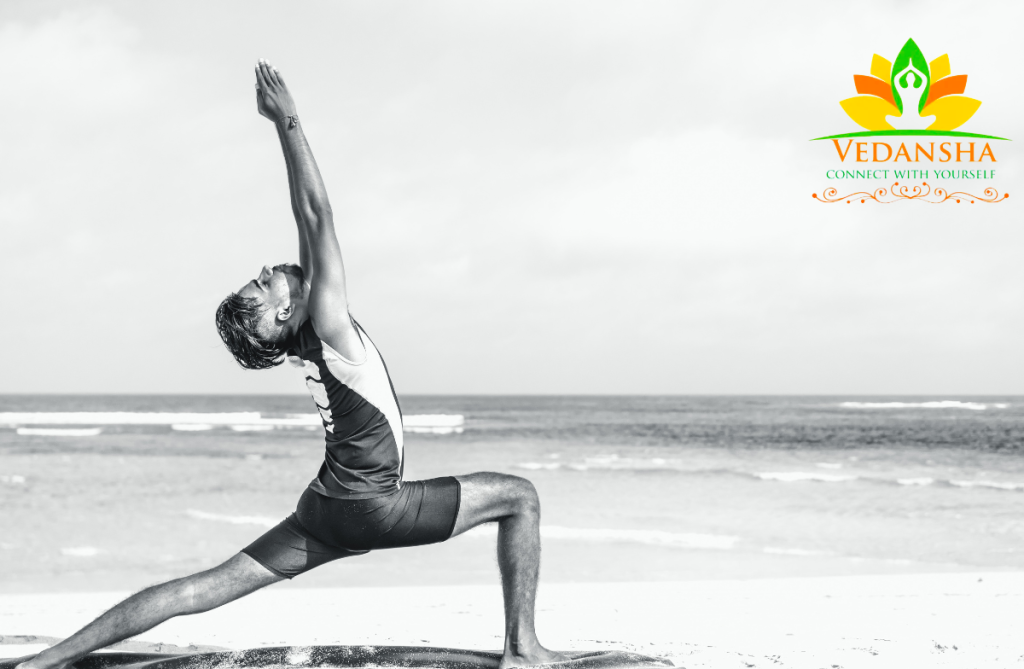
3. Self-Love Meditation
How to do it:
- Find a quiet, comfortable place to sit or lie down.
- Close your eyes and take a few deep breaths to relax.
- Repeat affirmations like “I am worthy of love and happiness” or “I love and accept myself unconditionally.”
- Focus on your breath and let go of negative thoughts for 5-10 minutes.
Why it works:
Self-love meditation helps you shift your mindset towards self-compassion and positivity. It’s a powerful tool for enhancing your relationship with yourself.
Tips and Precautions
While practicing Yoga for Self-Love, there are some essential tips and precautions to keep in mind:
1. Listen to Your Body
Yoga is about self-care, not pushing your limits. Pay attention to your body, and never force yourself into poses. Modify poses as needed and use props like blocks and straps for support.
2. Be Patient
Self-love is a journey, and it takes time. Don’t expect immediate results. Consistency is key. Practice regularly and be patient with yourself.
3. Stay Present
Yoga is not just a physical practice; it’s a mental one too. Focus on the present moment, on your breath, and on self-compassion during your practice.
4. Consult a Yoga Instructor
If you’re new to yoga or have specific physical concerns, consider taking a class with a qualified instructor. They can provide guidance and ensure you’re practicing safely.
5. Avoid Comparison
Yoga is a personal journey. Avoid comparing your practice to others. Your progress is unique to you.
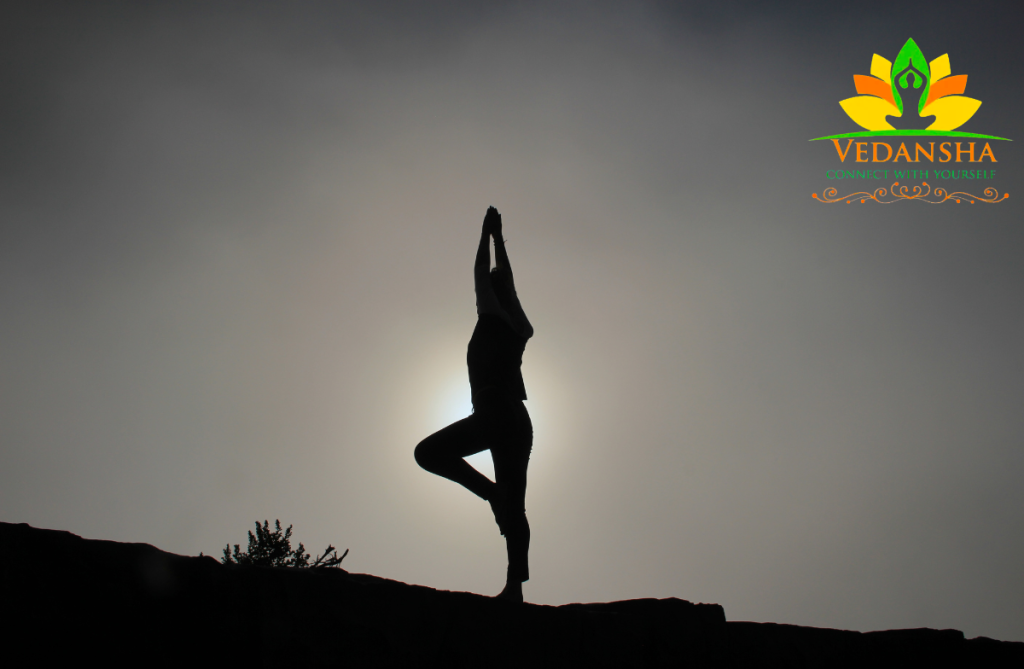
Benefits of Yoga for Self-Love
The practice of Yoga for Self-Love offers a multitude of benefits for your physical, mental, and emotional well-being:
1. Improved Self-Acceptance
Yoga encourages self-reflection and self-acceptance. Through the practice of mindfulness and self-compassion, you can come to love and appreciate yourself for who you are.
2. Reduced Stress and Anxiety
Yoga helps regulate the stress response in your body. As you become more attuned to your breath and inner self, you’ll find it easier to manage stress and anxiety.
3. Increased Body Awareness
Regular yoga practice enhances your awareness of your body and its needs. This can lead to better self-care and a healthier lifestyle.
4. Enhanced Flexibility and Strength
Physical yoga poses improve your flexibility and strength, boosting your self-confidence and body image.
5. Emotional Release
Yoga poses often release pent-up emotions stored in the body. This can be a cathartic experience, helping you let go of emotional baggage.
6. Mind-Body Connection
Yoga deepens the connection between your mind and body, allowing you to better understand your own thoughts and emotions.
7. Better Sleep
A consistent yoga practice can improve your sleep quality, which is essential for overall well-being and self-love.

Yoga for Self-Love: A Complementary Diet Plan
To enhance the benefits of your Yoga for Self-Love practice, consider incorporating a balanced diet. Here’s a sample diet plan for your morning, lunch, and evening meals:
Morning:
- Green Smoothie
- Blend spinach, banana, almond milk, and a tablespoon of chia seeds.
- Rich in nutrients and antioxidants, this smoothie provides a healthy start to your day.
- Oatmeal with Berries
- Cook oats with water and top with fresh berries.
- Oats are a great source of fiber, keeping you energized throughout the morning.
Lunch:
- Quinoa Salad
- Mix cooked quinoa with a variety of fresh vegetables, like bell peppers, cucumbers, and cherry tomatoes.
- Add a light vinaigrette dressing for flavor.
- Lentil Soup
- A hearty bowl of lentil soup provides protein and essential nutrients.
- Pair it with a side of steamed greens for a well-rounded meal.
Evening:
- Baked Salmon
- Salmon is rich in omega-3 fatty acids, which support brain health and mood regulation.
- Bake it with a squeeze of lemon and a sprinkle of herbs.
- Steamed Broccoli and Brown Rice
- A side of steamed broccoli and brown rice complements the salmon for a balanced dinner.
- Herbal Tea
- Wind down with a soothing cup of herbal tea, such as chamomile or lavender.
Foods to Avoid:
While fostering self-love, it’s essential to be mindful of the foods that may hinder your progress:
- Processed Foods: High in unhealthy fats, sugars, and additives, these can lead to energy fluctuations and mood swings.
- Excessive Sugar: Sugar can lead to inflammation and is often linked to mood swings and energy crashes.
- Caffeine: Too much caffeine can exacerbate anxiety and sleep problems.
- Alcohol: Excessive alcohol intake can disrupt sleep patterns and affect mood regulation.
Conclusion
Yoga for Self-Love is a powerful practice that helps you build a strong and nurturing relationship with yourself. By incorporating yoga techniques, maintaining mindfulness, and adopting a balanced diet, you can enhance your physical and emotional well-being.
In this journey towards self-love, remember to be patient and compassionate with yourself. Your relationship with yourself is the foundation for all other relationships in your life. As you nurture self-love through yoga, you’ll find greater peace, acceptance, and happiness within.
5 Frequently Asked Questions (FAQs)
1. Can anyone practice Yoga for Self-Love?
Yes, anyone can practice Yoga for Self-Love. It’s a gentle and introspective form of yoga that doesn’t require advanced skills. However, if you have specific health concerns, it’s advisable to consult a healthcare professional before starting a practice.
2. How often should I practice Yoga for Self-Love?
Consistency is key. Aim for at least 3-4 sessions per week to experience the benefits. You can adjust the duration of your practice according to your schedule and comfort.
3. Can yoga alone improve self-love, or should I combine it with other practices?
Yoga can significantly enhance self-love, but it’s often more effective when combined with other self-care practices like meditation, journaling, and positive affirmations. These practices work together to boost self-love and self-acceptance.
4. How long does it take to see the benefits of self-love through yoga?
The timeline varies from person to person. Some may experience immediate benefits, such as reduced stress, while others may take several weeks to notice significant changes in self-love and self-acceptance. Be patient and stay consistent in your practice.
5. Are there specific yoga poses that are best for self-love?
Heart-opening poses like Cobra Pose and Bridge Pose are particularly effective for promoting self-love, as they open the heart chakra. However, the entire practice of yoga, which emphasizes self-awareness and self-acceptance, contributes to enhancing self-love.

